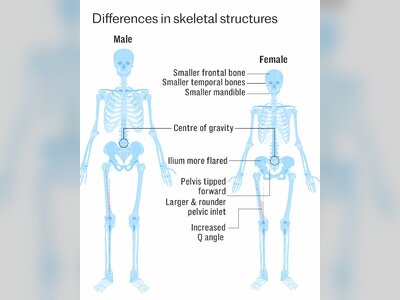Ex-Bank of China Chairman Liu Liange Handed Suspended Death Penalty
The Sentencing of Liu Liange Emphasizes China's Anti-Corruption Drive Amid Questions of Political Intentions
Liu Liange, the ex-chairman of the Bank of China, received a suspended death sentence last Tuesday, marking a key development in China's anti-corruption efforts.
Liu was convicted of taking nearly $17 million in bribes.
His sentence, featuring a two-year reprieve and the prospect of life imprisonment for good behavior, acts as both a stark warning and evidence of Beijing's commitment to tackling corruption.
This verdict has stirred discussions about its mixed message of harshness mixed with leniency and whether such notable cases are more about political theater than justice.
Since Xi Jinping assumed office, his government has been criticized for possibly using anti-corruption initiatives as a tool to sideline political opponents.
Nonetheless, cases like Liu's indicate a dedication to eradicating corruption, although skeptics wonder if these actions simply swap one potentially corrupt figure with another who might be politically advantageous.
This raises ongoing concerns about the equilibrium between genuine legal reform and political strategy within the Chinese government's accountability efforts.
As the anti-corruption campaign continues with public support, the ultimate aim remains unclear: is it a step towards better governance or merely a reconfiguration of political power?
Liu was convicted of taking nearly $17 million in bribes.
His sentence, featuring a two-year reprieve and the prospect of life imprisonment for good behavior, acts as both a stark warning and evidence of Beijing's commitment to tackling corruption.
This verdict has stirred discussions about its mixed message of harshness mixed with leniency and whether such notable cases are more about political theater than justice.
Since Xi Jinping assumed office, his government has been criticized for possibly using anti-corruption initiatives as a tool to sideline political opponents.
Nonetheless, cases like Liu's indicate a dedication to eradicating corruption, although skeptics wonder if these actions simply swap one potentially corrupt figure with another who might be politically advantageous.
This raises ongoing concerns about the equilibrium between genuine legal reform and political strategy within the Chinese government's accountability efforts.
As the anti-corruption campaign continues with public support, the ultimate aim remains unclear: is it a step towards better governance or merely a reconfiguration of political power?











